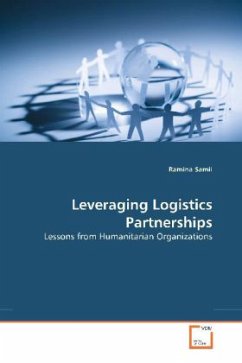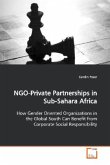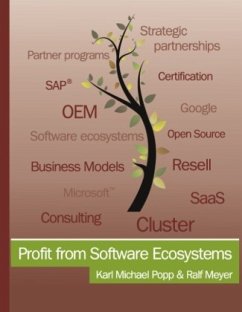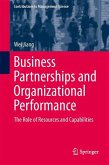This book explores an under-researched field: humanitarian organizations and their supply chains. Humanitarian organizations respond to the basic needs of populations that experience a tragic disruption in their lives. Given the challenging contexts they operate in, this work explores the factors that contribute to their performance. It identifies the strategies and organizational structures they need to adopt to respond to the growing challenge of attending to more people with fewer resources. It argues that to excel in disaster management, among other things, humanitarian organizations need to engage in at least three partnership arrangements temporary supply networks, a logistics coordination platform and a series of business and civil society organization partnerships and build and strengthen a number of related capabilities. The invisible resource that once leveraged increases the opportunity and ability of a humanitarian organization to perform better is its social capital with parties involved in these schemes. This work also verifies the relevance and benefits of humanitarian partnership structures to commercial supply chains.
Bitte wählen Sie Ihr Anliegen aus.
Rechnungen
Retourenschein anfordern
Bestellstatus
Storno








